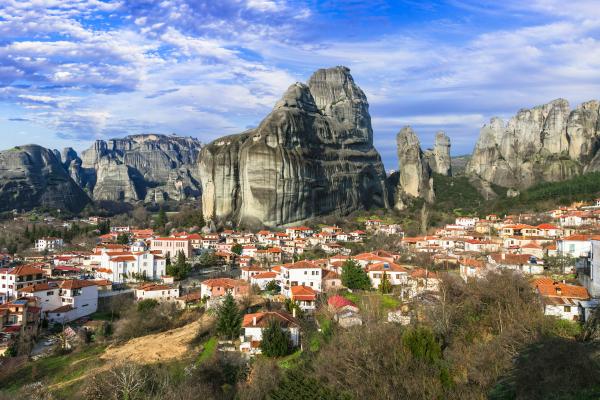
With the support of public and private stakeholders, Trikala is adopting a network able to collect and recycle textiles in the city.
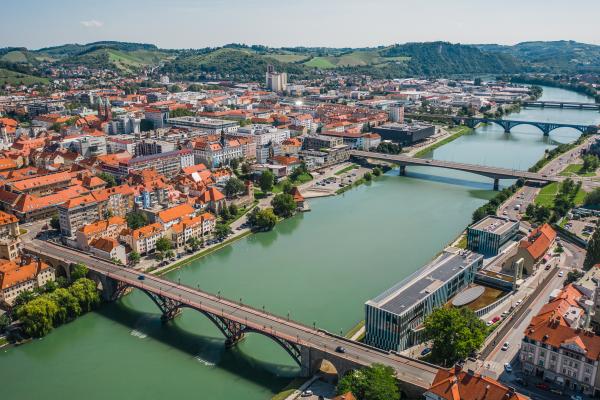
Thanks to the Re-use Events, the city of Maribor is supporting its citizens to adopt circular consumption habits.
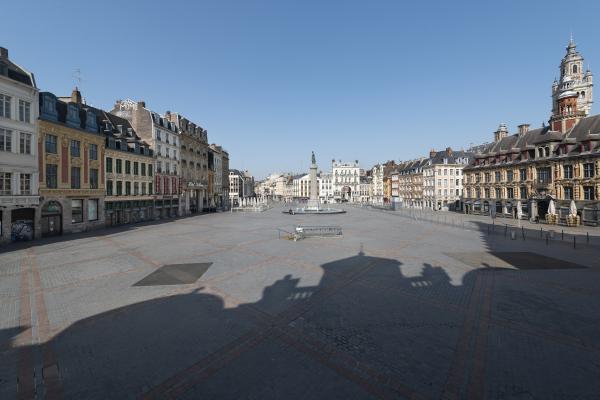
The city of Lille is implementing many projects to ensure the beginning of a new model to do fashion sustainably.
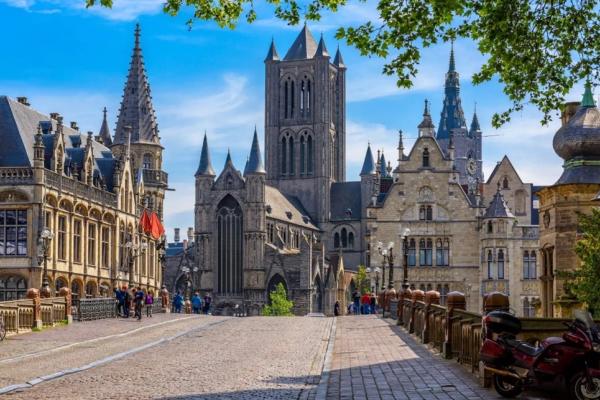
The ‘Gent Repareert’ (Ghent Repairs), cafés composed by volunteers, contribute to spread the reuse of textile across Ghent.
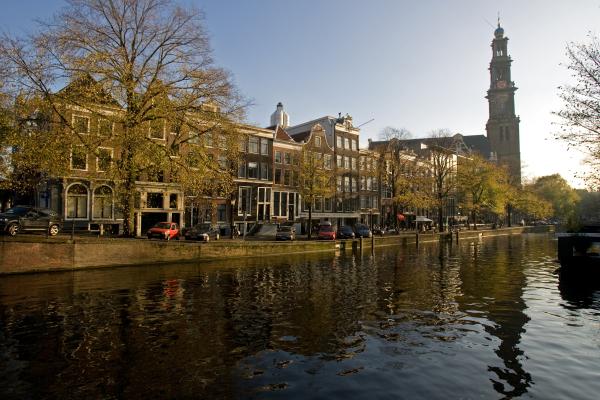
The city of Amsterdam is the home of the first circular factory of textiles in Europe, let's discover why and how this city is the perfect location for the reuse of textiles.
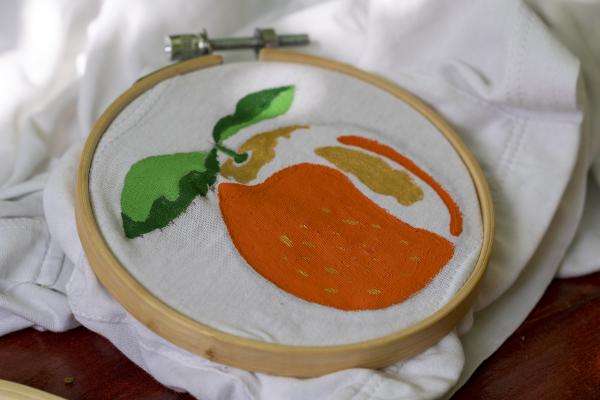
In recent years, the fashion industry has come under scrutiny for its harmful impact on the environment. And the EU has recognised the importance of tackling the issue. In response to this, a series of events focusing on sustainable fashion have emerged, aiming to raise awareness and promote eco-friendly practices.
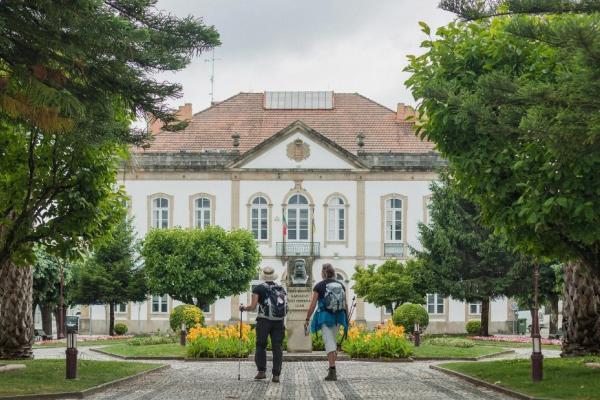
Part of the BeGreen community, Albergaria-a-Velha is the first municipality in the district of Aveiro to join the clothing recycling program.
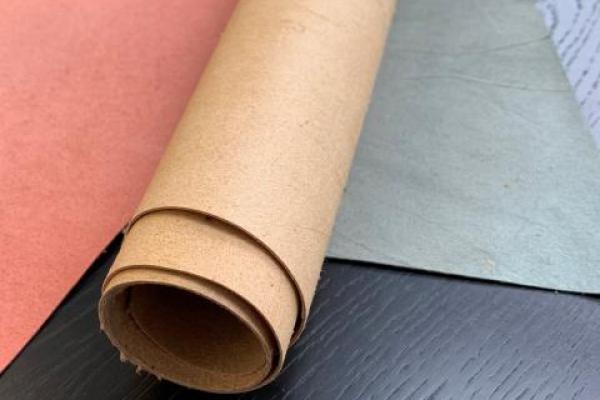
Gelatex is an eco-friendly textile made from gelatine, derived from low value waste of the meat and leather industries.

Cisuflo creates new circular floor coverings, improves the recyclability of materials, and encourages the sector to adopt a circular model.
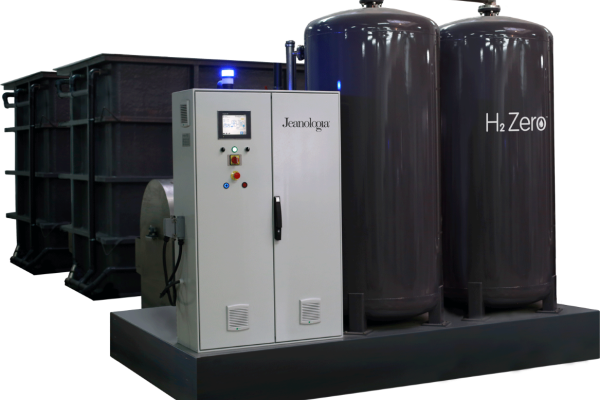
Jeanologia's challenge is MissionZero: eliminate 100% of waste and pollution in textile finishing industry. Life ANHIDRA project is playing a crucial role in achieving it.
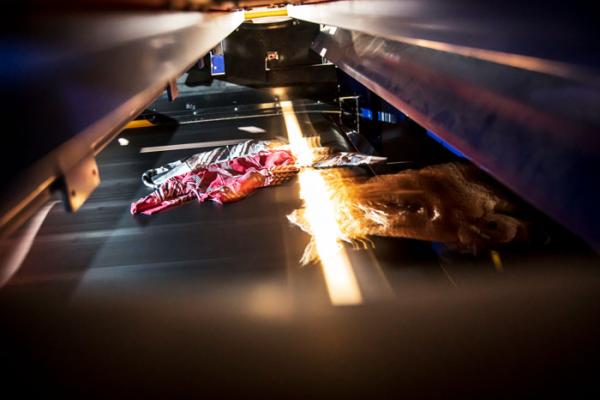
Located in Malmö, Siptex is the world’s first large-scale facility of its kind, sorting textiles by colour and fibre composition using near-infrared light to handle large flows and produce textile fractions suited to different recycling processes
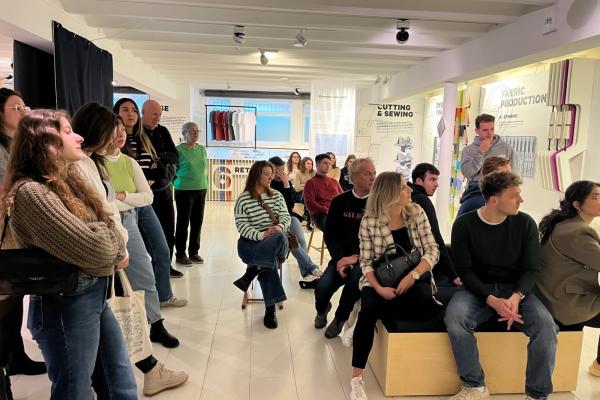
Haarlem, a beautiful city in the Netherlands, recently hosted the Erasmus Blended Intensive Programme (BIP) on sustainable fashion, an innovative short programme for students and staff from higher education institutions.
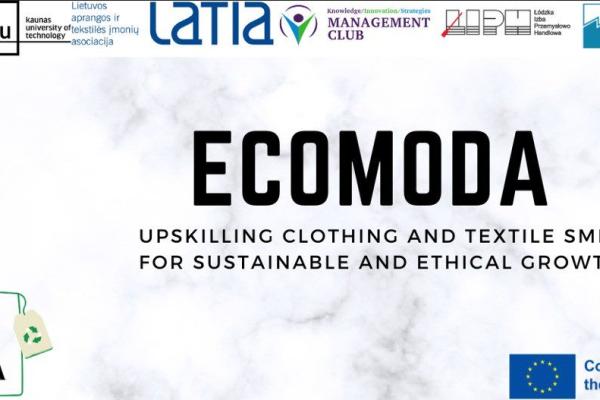
Developing skills in sustainability and promoting ethical dimensions for all businesses in the apparel and textile sector.
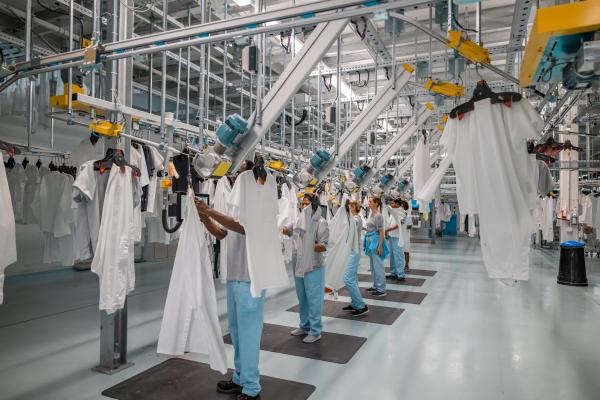
The JENSEN-GROUP engineers machines for all sections of the laundries that help prolonging the life of textiles.
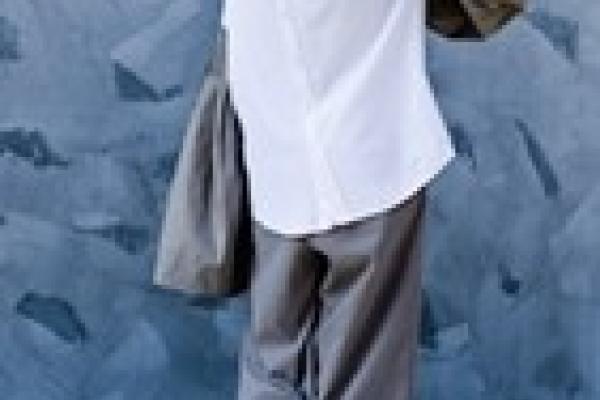
Slovak Fashion Council Joins Forces With Nosene to Create a Re-Designed Capsule Collection.
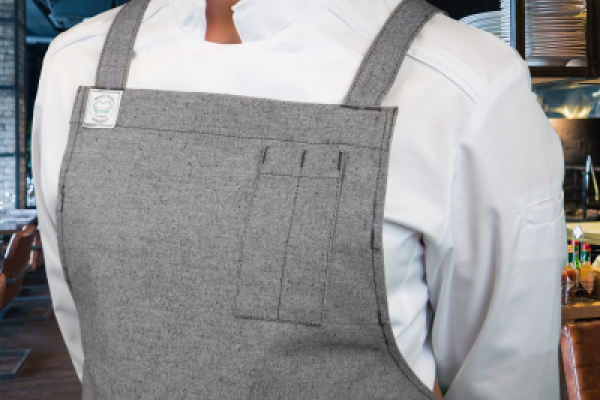
Thanks to its innovating apron, Elis won the Trophy «Espoir» in face of famous brands.
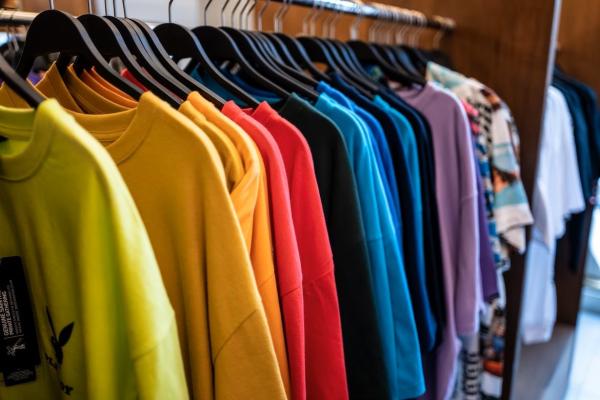
Supporting circularity of textiles by combining textile recovery, valorisation, and recycling processes with data-drive solutions.
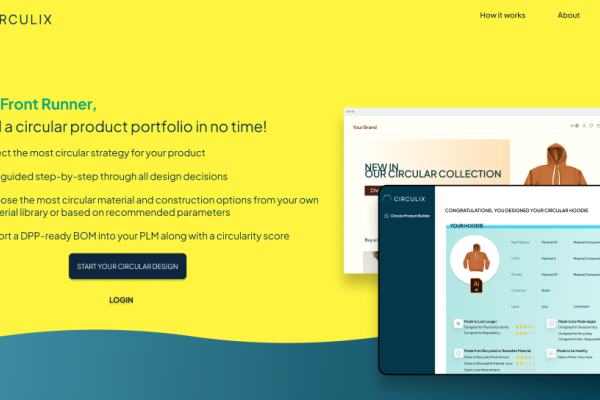
The fashion industry has long been criticised for its unsustainable practices, from excessive waste to the use of harmful chemicals. However, the industry is slowly but surely taking steps towards sustainability.
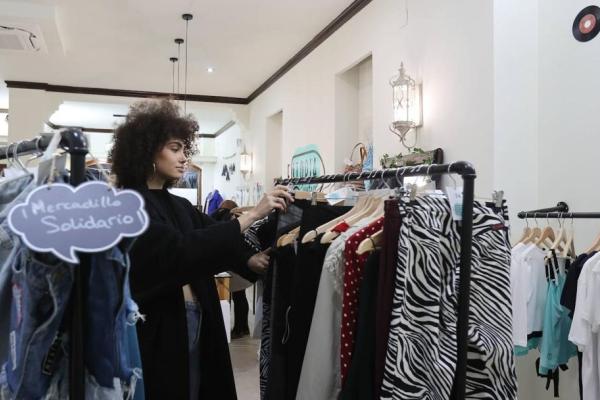
The fashion industry is notorious for being one of the most polluting industries in the world, but initiatives like the flea market organized by the Spanish model and young European climate pact ambassador Clara, are taking steps to change that.
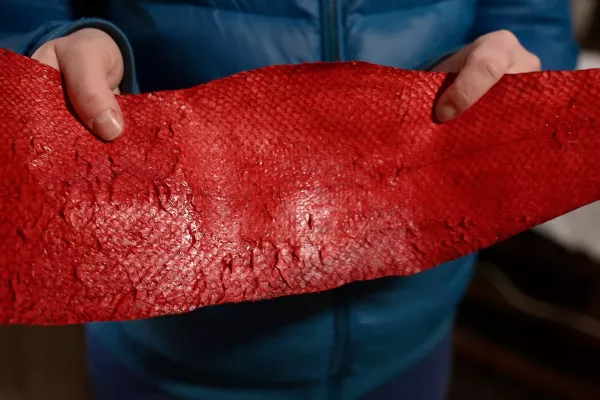
Nothing is lost, everything is transformed: using fish skins to make beautiful leather
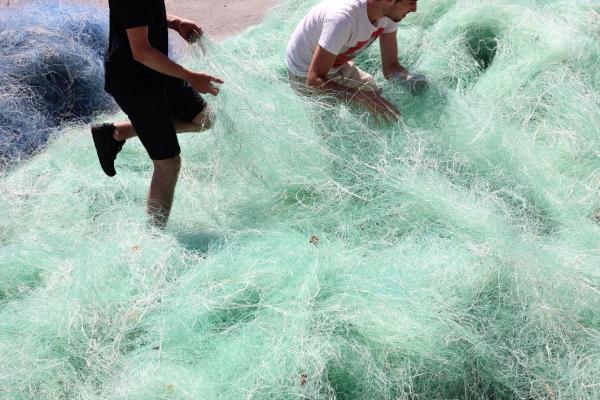
Upcycling fishnets from local harbours into your favourite accessories.
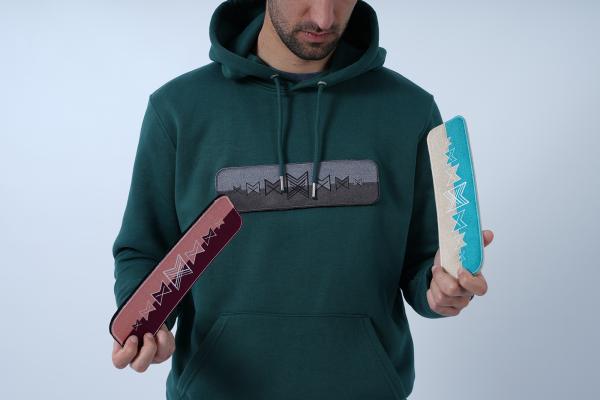
NEUK is a 100% sustainable brand committed to ending the fast fashion trend. NEUK's approach is unique in that they offer high quality, ecological garments with customisable designs, allowing the product's life to be extended to the maximum.
Vaude is a German-based family-owned business that produces outdoor sports equipment.
Kelheim Fibres is a leading manufacturer of viscose specialty fibres, producing 90,000 tonnes per year. The company is committed to sustainable and circular textiles and has invested about EUR 60 million in environmental protection since 2005.
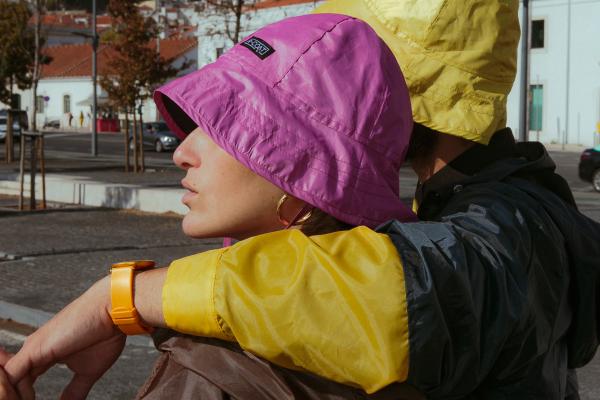
A community-based brand that creates high-quality garments and accessories using broken umbrellas collected by the people
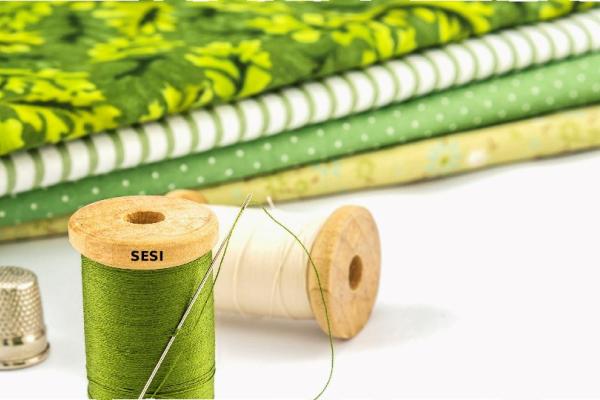
Functional silk fiber based on a Circular Economy model for sustainable textile and fashion industry.
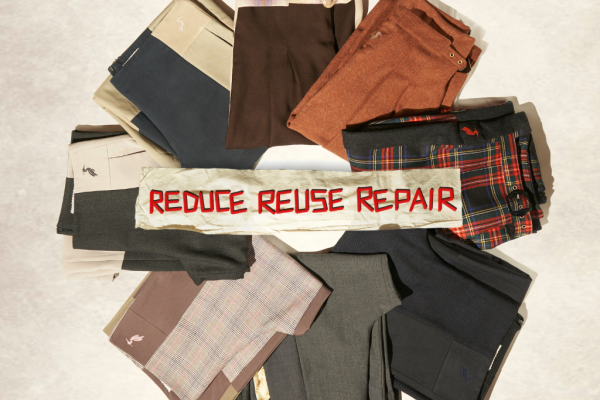
A sustainable solution to clothing waste
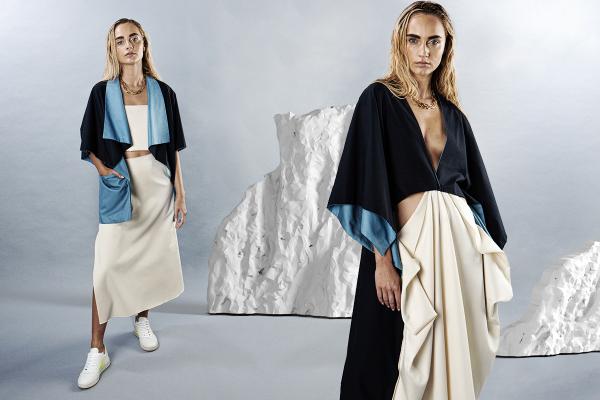
A circular zero-waste fashion system
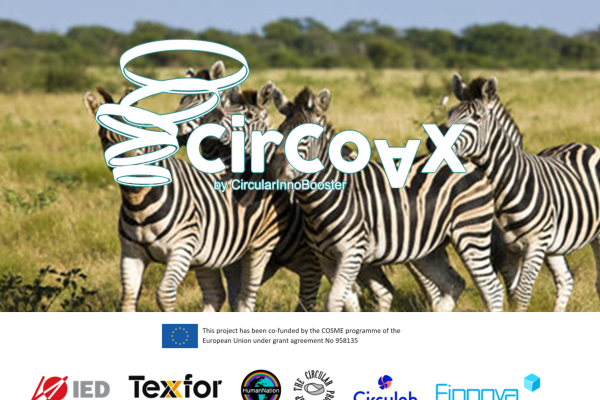
The project has aimed to create an alternative collaborative accelerator to support SMEs in transition to a Regenerative and Circular Economy.
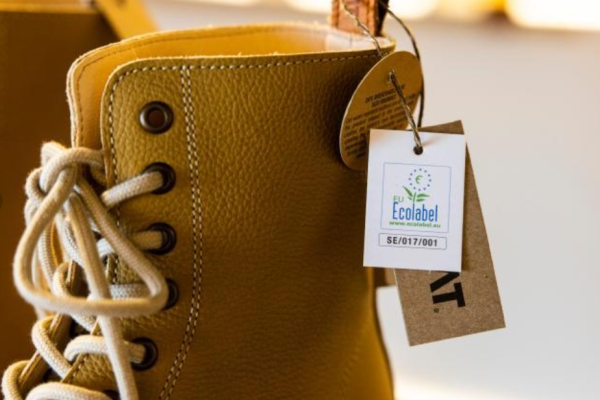
Proudly awarded by the EU Ecolabel, Kavat has become one of the most eco-friendly footwear manufacturers in Europe.
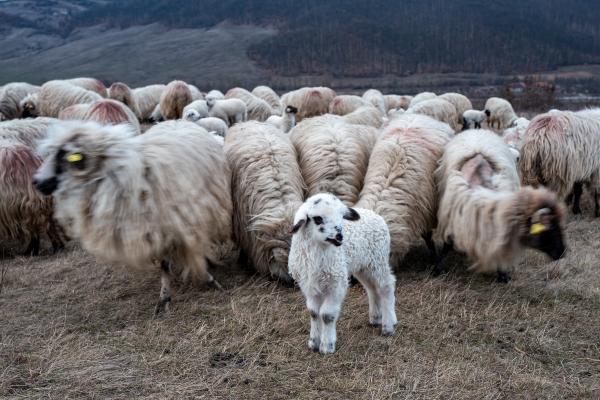
A platform enabling people to imagine the use and reuse of clothing made of sheep’s wool using knitting technology.
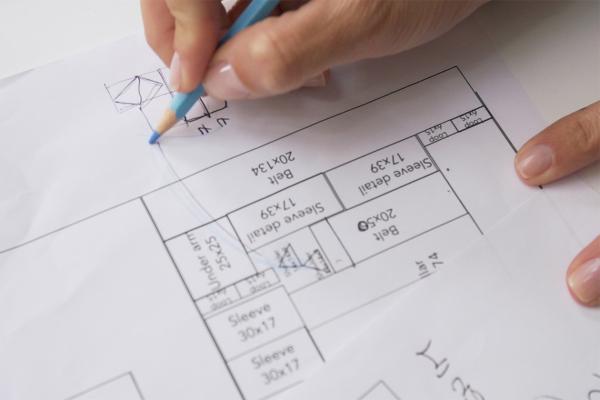
Zero Waste Automated Fashion Manufacturing
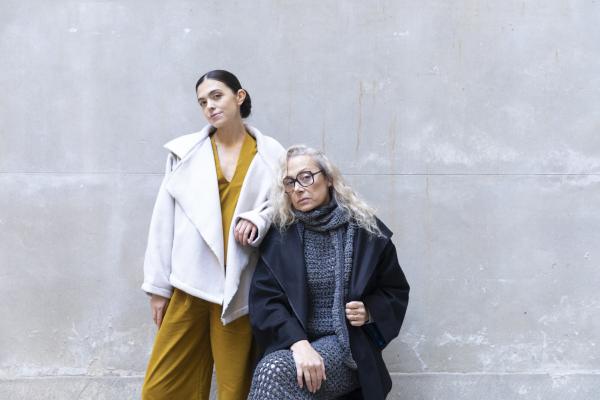
Making zero waste, gender and age inclusivity and sustainability a reality in fashion.
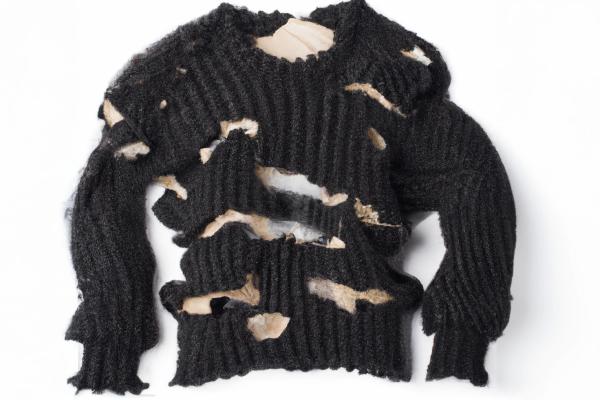
Establishing a synthesis of human artisanship with computer-aided design.
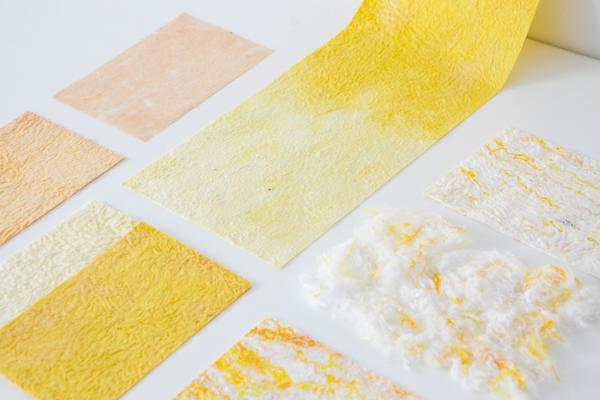
A new textile concept using post-consumer textile waste.
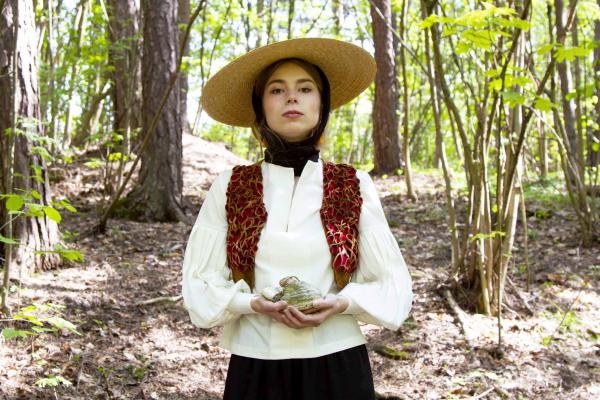
Repurposing culturally significant materials for future use
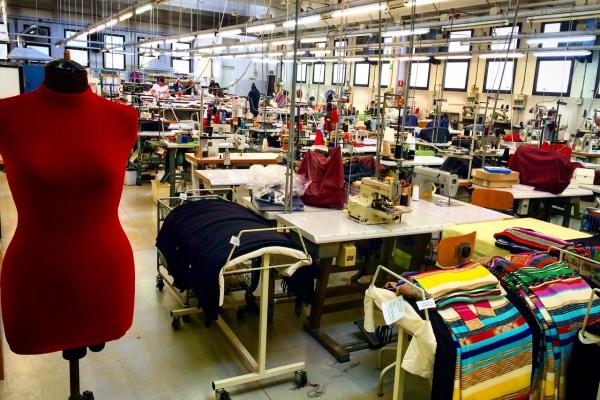
How can fashion supply chains cope with future crises and disruptions?
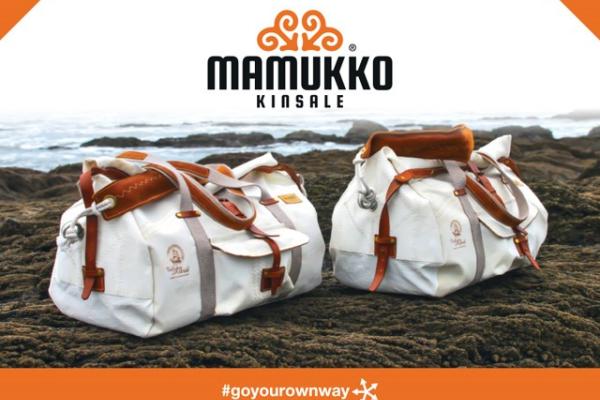
Mamukko is an Irish family business run by the Hungarian couple Nora and Attila Magyar. They are 5th generation leather workers and 1st generation Irish upcycling pioneers.
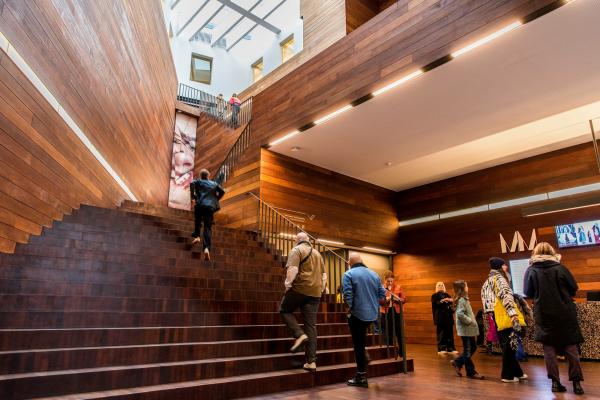
Discover the Antwerp Fashion Museum where fashion is more than ‘clothing’.
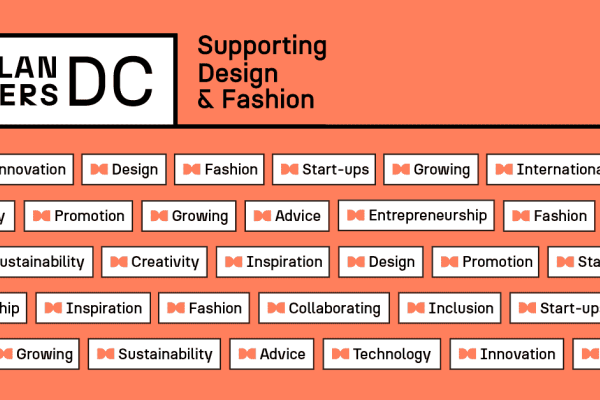
Flanders District of Creativity (Flanders DC) takes a new path in 2023, with a renewed focus on the design and fashion industry.

